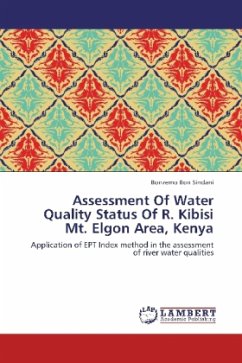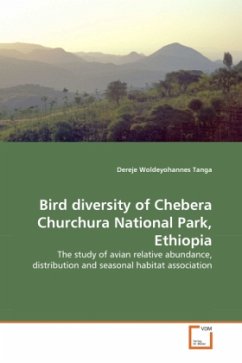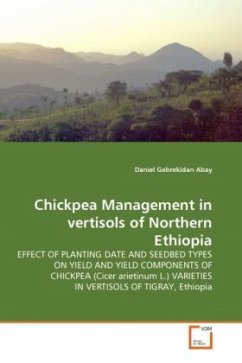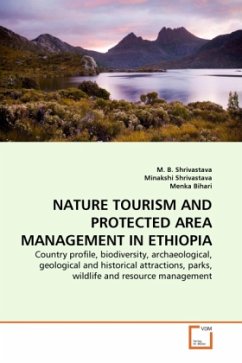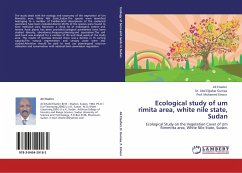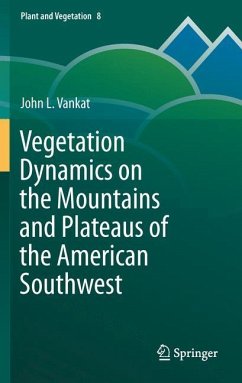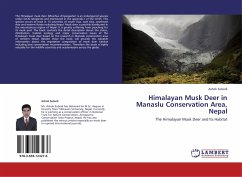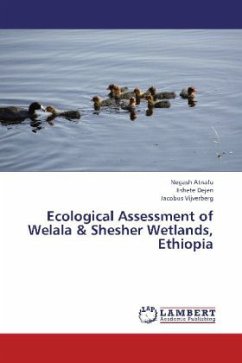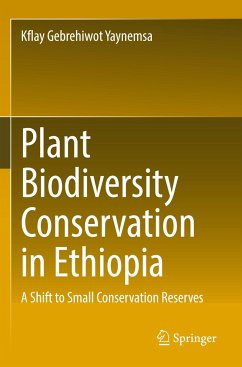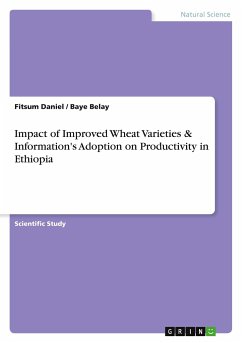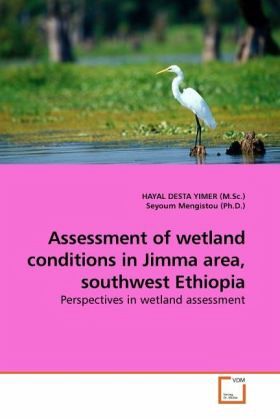
Assessment of wetland conditions in Jimma area, southwest Ethiopia
Perspectives in wetland assessment
Versandkostenfrei!
Versandfertig in 6-10 Tagen
32,99 €
inkl. MwSt.

PAYBACK Punkte
16 °P sammeln!
Next to tropical rain forests, the richest ecosystems in our planet are wetlands. Yet, wetland degradation is severe phenomena in developing countries. Wetlands provide essential life support for much of humanity free of charge. They are also said to be the biological supermarkets because of the high levels of biodiversity they support. However, the ecological function of wetlands in many developing countries like Ethiopia is little understood and poorly addressed. Hence, wetlands in Ethiopia are being negatively affected for decades and continued to be exhausted at an alarming rate due to suc...
Next to tropical rain forests, the richest ecosystems in our planet are wetlands. Yet, wetland degradation is severe phenomena in developing countries. Wetlands provide essential life support for much of humanity free of charge. They are also said to be the biological supermarkets because of the high levels of biodiversity they support. However, the ecological function of wetlands in many developing countries like Ethiopia is little understood and poorly addressed. Hence, wetlands in Ethiopia are being negatively affected for decades and continued to be exhausted at an alarming rate due to successive drainage for agriculture, settlement and over-extraction beyond the rejuvenating capacity by surrounding communities. In this regard, this book is therefore crucial in its part to assess and address the problems associated with wetlands on the perspective of environmental, biological and socio-economic studies. The book will be very useful to students who might intend to further study on wetland conservation and environmental biology. It is also of great interest to all who have a real concern about conservation of wetlands.



